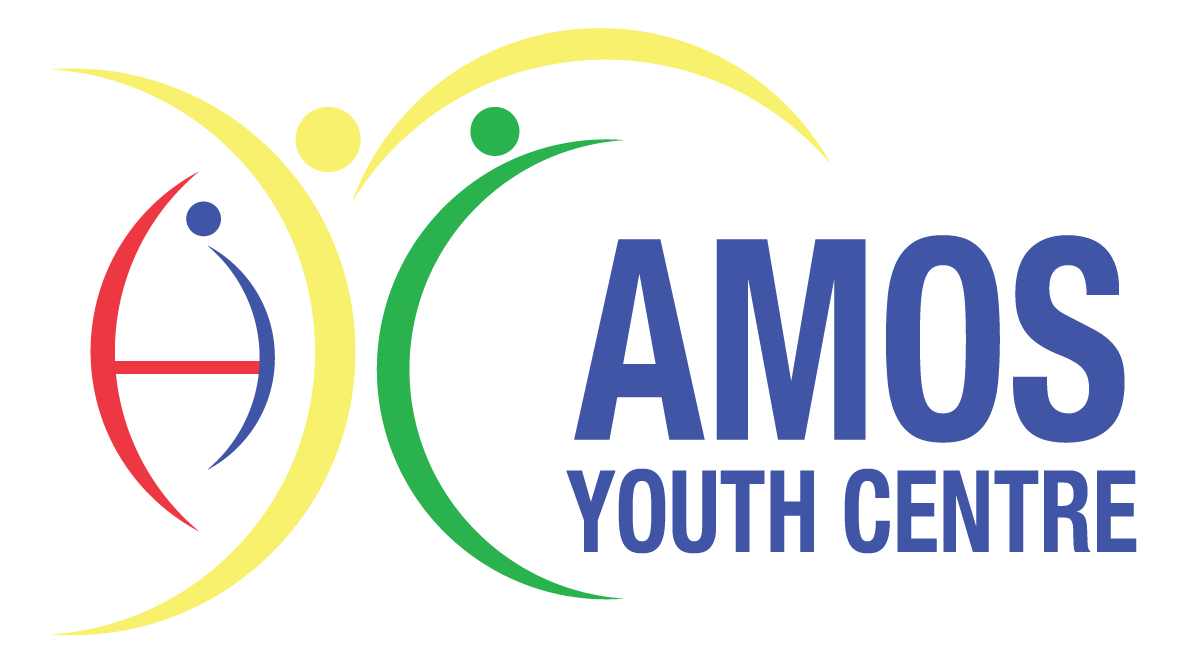Our “New Normal” in the Face of COVID-19
Taking care of every girl and boy from the inside out
Julie-Anne Savarit-Cosenza is one of the co-founders and the executive director of the African Education Program. She is a recognized community leader by the M. Night Shyamalan Foundation. She typically spends most of the year in Zambia, but COVID-19 has her leading the organization lately from Wayne, PA. Today, she shares insight on some of AEP’s most important work to date, keeping the programs girls and boys strong and healthy both physically and emotionally.
Lumuno Chongo, AEP Programs Director, offers instructions to the staff for the COVID-19 Time Capsule.
We like to think of COVID-19 as a wild animal when we talk to our boys and girls during their remote tutoring sessions. A beast that can’t be tamed. A beast they should not go near.
We continue to take all safety precautions to keep our girls and boys safe from this beast. We distributed food to keep them and their families home for three weeks while the Zambian Ministry of Health tried to get a handle on the outbreak in Kafue. We continued weekly check-in calls to the families to monitor their health and well-being; and distributed COVID-19 information so families could take every precaution if they became ill. We have distributed over 500 face masks in just the past week.
New predictions now show us that we won’t reach the top of the curve in Zambia until sometime this summer. This prediction does not bode well for our girls and boys or our staff as we wait for a vaccination or a cure.
However, what concerns us now is the “new reality” that each of our girls and boys finds themselves facing during these unprecedented times. We are guiding our staff, including Programs Director Lumuno Chongo, a trained social worker, to continue the wholistic treatment of every beneficiary of our program. We need to be prepared when we reopen — each child has faced their own internal struggles as the pandemic has put fear and uncertainty into their hearts.
To help us understand what our young people are going through, we distributed a COVID-19 Time Capsule exercise that allowed the girls and boys to share their thoughts and emotions. The paper provided a space to draw an emoji to share how they were feeling and a space to write words to express their emotions. They shared what they are most thankful for and what they like to do with their time. They also shared three things they want to do when the pandemic is over.
Providing a safe space for our girls and boys to share their thoughts and emotions has always been an important part of our curriculum as we teach critical life skills to youth in a way they can understand and remember. We are also using this time to help our staff members in Zambia learn new skills in trauma informed care and take on increased responsibility in the care of our girls and boys and their families.
“Quotation from 10th Grader Tshintu: “Hello my fellow teenagers, schools may be out right now but please stay active and discover new things about yourself. This will soon be over and together as young people we will build a better tomorrow for the world. Stay positive and strong.” ”
Linda, an AEP special needs student at Read for Rose, has an in-home tutoring session taking all necessary precautions.
Our most vulnerable girls and boys, those with disabilities or who are HIV-positive, may not be able to gather in large groups for a very long time. Our Read For Rose special education team is doing all they can to support their girls and boys and they have not left this group vulnerable to isolation. They communicate on a daily basis with them and their parents, through one-on-one tutoring video or phone calls and health check ins. Girls and boys with special needs rely on consistency and routines and have different levels of understanding. Adjusting the material to the level of simplicity and ensuring them the same content during the pandemic is important. Thankfully, the parents of our hearing impaired children that do not have smart phones ask for phones from their friends, neighbors or family members so that we can have access to communication through a WhatsApp video call. This brings great delight to the children who learn through sign language and who long to be back in a normal classroom again. And for the girls and boys who absolutely need in person support, our Read for Road staff take the highest safety precautions when they visit their homes.
One parent had this to say in appreciation, "I have never seen something like this happening in this community. The care and support you people give I will live to cherish."









